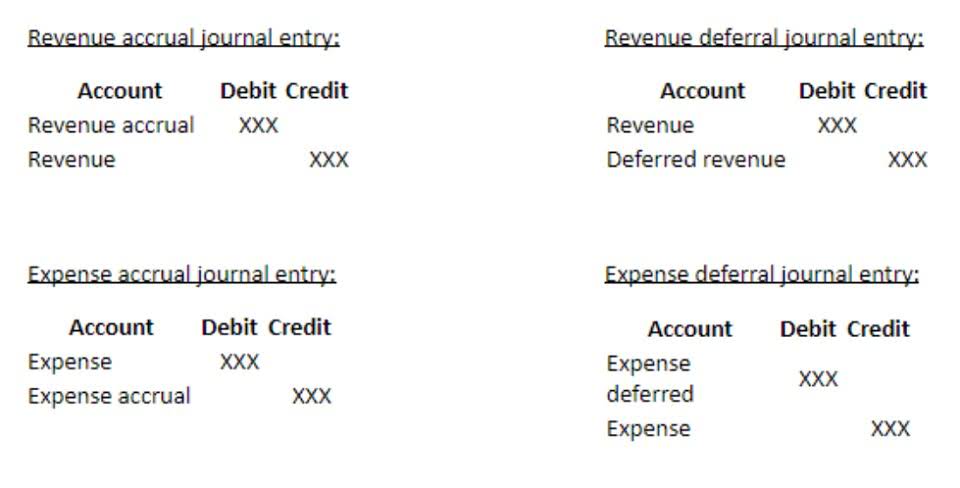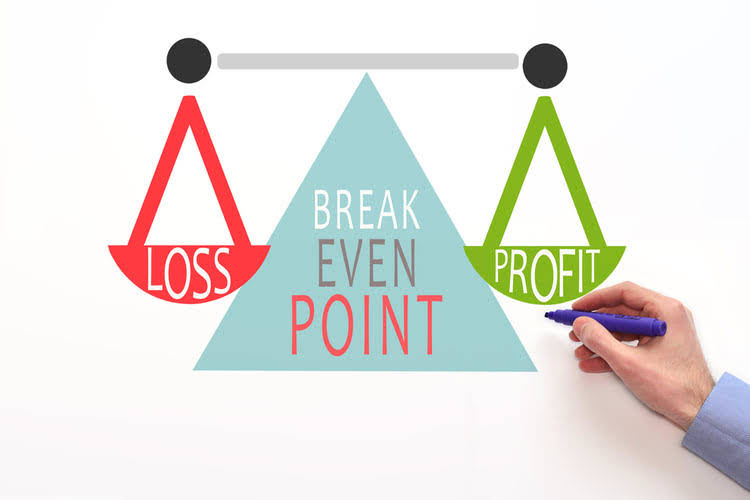
Melinda Hill Sineriz is a freelance writer with over a decade of experience. She specializes in business, personal finance, and career content. She has worked in sales and has managed her own business for more than a decade. She has also written content for businesses in various industries, including restaurants, law firms, dental offices, and e-commerce companies. The purpose of the Retail Accounting FASB (Financial Accounting Standards Board) is to establish, examine and clarify generally accepted accounting principles (GAAP).
Conceptual Framework
While the FASB has the authority to create and alter industry standards, the SEC watches over the FASB for any problems or technical issues. Members of the FAF are also responsible for appointing board members to the FASB. When appointed, members cut personal ties with all U.S. companies and serve a maximum of five years. In Certified Public Accountant tandem with the FASB, the FASAC is a board of advisees nominated by the FAF to help with the board’s plans. Members of the thirty-one-person board include CFOS, CEOS, long-time senior partners in top accounting firms, analysts or data communities, and finance experts.

What is the Difference Between FASB and GAAP?

By compiling a varied group of professionals, the FASAC can give unbiased suggestions to preserve the integrity and goal of the FASB. The Financial Accounting Standards Board has the authority to establish and interpret generally accepted accounting principles (GAAP) in the United States for public and private companies and nonprofit organizations. GAAP is a set of standards that companies, nonprofits, and governments should follow when preparing and presenting their financial statements, including any related party transactions.

Has the FASB been successful in achieving its main mission?
- Discover the new lease accounting standards and gain insights into implementation, examples, and compliance.
- Jami Gong is a Chartered Professional Account and Financial System Consultant.
- Her areas of expertise include accounting system and enterprise resource planning implementations, as well as accounting business process improvement and workflow design.
- Its purpose is to provide timely financial reporting guidance and help notify the FASB of any potential issues.
- The FASB can guide these unaware organizations on how to implement the standards most effectively.
The other two are the Securities and Exchange Commission (SEC) and the American Institute of Certified Public Accountants (AICPA). The FASB might not seem relevant to small businesses since small businesses aren’t required to use GAAP. GAAP might not be the best accounting method for small businesses since it uses the accrual method of accounting.
- Zeni offers AI-backed bookkeeping and accounting for startups, backed by human touch.
- Financial accounting practices and standards were largely unregulated in the early 20th century which led to large financial accounting fraud cases.
- The rule applies more to biotech and drug companies that conduct trials and testing phases, which may not be as relevant to investors besides the impact of the finished product itself.
- This act, along with FASB’s standards, cultivates trust in the financial market.
- There are a lot of factors that go into proper accounting and finance operations.
- The Financial Accounting Standards Board (FASB) is an independent, private-sector organization that establishes and improves generally accepted accounting principles (GAAP) within the United States.
- The FASB focuses on improving and upkeeping Generally Accepted Accounting Principles (GAAP) in the U.S.
The primary users of the FASB standards are publicly traded companies and investors. Investors use financial statements to analyze businesses and divide their funds. The SEC has designated the FASB as the accounting standard setter for publicly traded companies. In addition, FASB standards are recognized as authoritative by many other organizations, including state Boards of Accountancy and the American Institute of CPAs (AICPA). Though only responsible for creating GAAP within the United States, FASB’s work also has a significant impact on global accounting practices.


It makes sure everyone uses the same rules for easier comparison of financial data across different entities and time. Since it started, FASB has updated many accounting rules, like ASC 606 and ASC 842. These updates make the accounting rules stronger and help companies keep up with the market and financial challenges. Other users of the GAAP accounting standards include, but are not restricted to, creditors, competitors, employees, and regulatory bodies that are evaluating companies. The FASB is governed by seven full-time board members, who are required to sever their ties to the companies or organizations they work for before joining the board. Board members what does the fasb do are appointed by the FAF’s board of trustees for five-year terms and may serve for up to 10 years.


No Comments